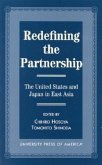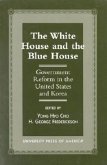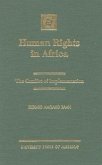After nearly a half-century of fear and uncertainty, the world's consciousness is no longer dominated by the Cold War. The dawn of the nuclear era and the superpower rivalry changed forever our world and the way we look at it, and the upheaval seen in the former Soviet Union and its satellite states has done likewise. How did the USSR, one of the two most powerful nations in the world a scant few years ago, lose its hold on Eastern Europe and, eventually, its grip on itself? George R. Urban, renowned historian and teacher of Soviet and European affairs, has given us unique views of the "evil empire" and its rapid fall. He has compiled his dialogues with seven individuals prominent in the Communist movement, its analysis, or its aftermath. Urban's partners in discussion are Sidney Hook, Hugh Trevor-Roper, Elie Kedourie, Otto von Habsburg, Milovan Djilas, and Sir Karl Popper. These discussions took place between the late 1980s and 1991, and they form an invaluable piece of contemporary history. We can now know the thoughts and predictions of individuals close to the events before the fact and as they unfolded. Urban writes, "I am persuaded that imperfect and even false predictions can be as revealing as (and sometimes even more revealing than) sound ones, because they draw our attention to the rich variety of human choices and underline the openness of history". It is easy to take history for granted with the wisdom of hindsight. But seeing the possibilities as they appeared at the time can be even more illuminating and provocative. Urban and his collaborators discuss what might arise from the debris of the Soviet empire and what the new dispensation in Eastern Europe might mean for thefuture, short-term and long-term. A few of the predictions have proven to be in error, but their inclusion here only adds to the book's historical richness. Many of their views have proven to be prescient, and many others doubtlessly will.








